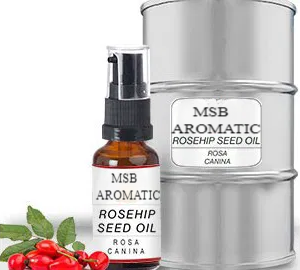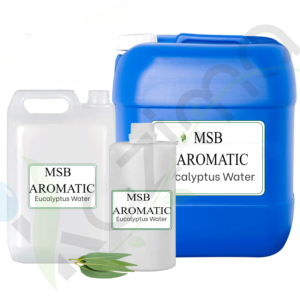Clove is a spice that comes from the dried flower buds of the Syzygium aromaticum tree, native to the Maluku Islands in Indonesia. The use of clove dates back to ancient times in China and the spice trade route, known as the “Spice Islands,” brought clove to Europe during the 7th century. Clove was used for cooking, as a breath freshener, and for medicinal purposes. During the 16th and 17th centuries, the Dutch and Portuguese controlled the clove trade, leading to the spice’s widespread use in Europe.
Clove is mainly produced in Indonesia, followed by Madagascar, India, Sri Lanka, and Zanzibar. These countries collectively account for over 90% of the world’s clove production.
The major producers of clove oil are Indonesia, Madagascar, India, and Sri Lanka. These countries account for the majority of the world’s clove oil production, with Indonesia being the largest producer.
Clove Oil Uses
Clove oil has various uses, including:
- Aromatherapy: It has a strong, sweet, and warming aroma, making it a popular ingredient in perfumes, soaps, and candles.
- Dental Care: Clove oil is used as a natural remedy for toothaches, gum pain, and bad breath.
- Cooking: Clove oil is used as a flavoring agent in foods and drinks, especially in baked goods, marinades, and spice blends.
- Skin care: Clove oil is used in some skincare products for its antimicrobial and anti-inflammatory properties.
- Home cleaning: Clove oil is used as a natural cleaning agent, due to its antibacterial and antifungal properties.
Please note that clove oil should be used with caution as it can be toxic when ingested in large amounts, and skin irritation can occur if used undiluted. It is recommended to dilute clove oil before using it and to consult with a healthcare provider before using it for medicinal purposes.
Clove oil is typically specified based on the following parameters:
- Extraction method: Clove oil can be obtained through steam distillation or solvent extraction.
- Essential oil content: The amount of clove oil present in a product is expressed as a percentage by weight.
- Chemical composition: The main chemical components of clove oil are eugenol, caryophyllene, and eucalyptol.
- Purity: The purity of clove oil is expressed as a percentage of the oil’s main chemical components.
- Color: The color of clove oil ranges from pale yellow to dark brown.
- Odor: Clove oil should have a strong, sweet, and warming aroma.
- Shelf life: Clove oil has a shelf life of 2-3 years, if stored in a cool, dark place and away from direct sunlight.
- Certification: Clove oil may come with certifications such as organic, food-grade, or therapeutic-grade.
These specifications help ensure that clove oil meets industry standards and that it is suitable for its intended use.


 MSB AROMATIC
MSB AROMATIC




Reviews
There are no reviews yet.